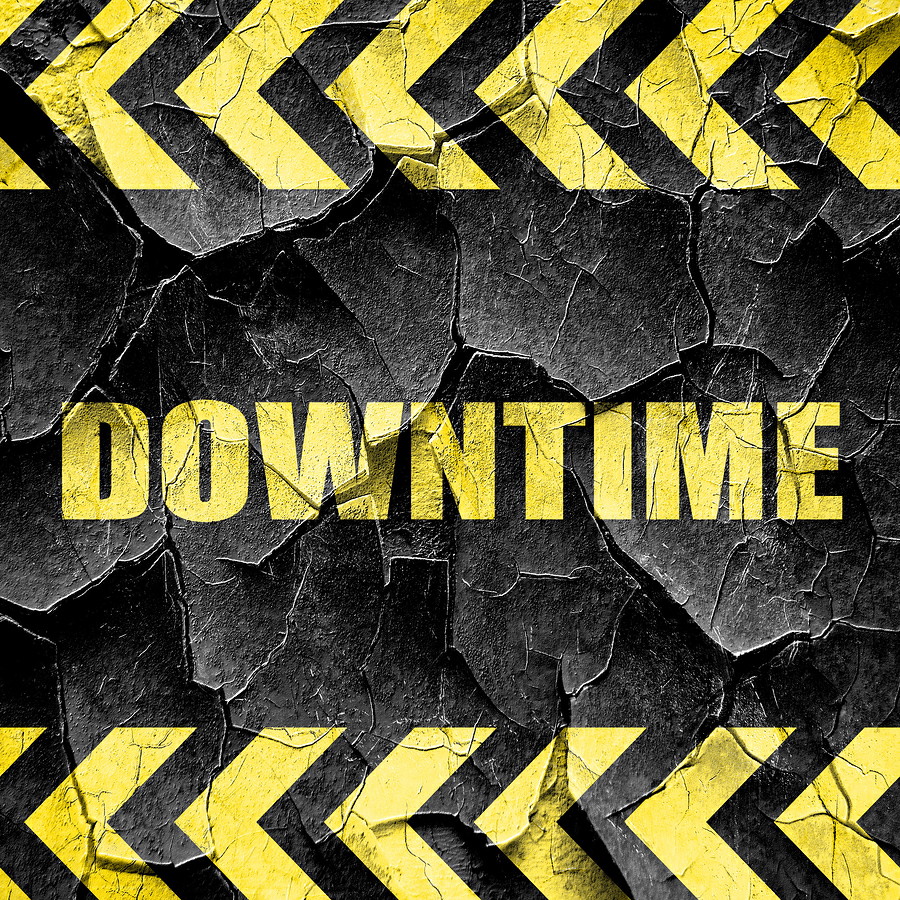When people think about healthcare information system downtimes, they often immediately think about the impact on patient care and then secondarily, the financial costs. But, downtimes can be very costly beyond patient safety and dollars, especially if you don’t have a good business continuance plan. You might think of these as the hidden costs of downtime.

The Hidden Cost of Downtime
1) The Cost to Patient Safety and Care
2) The Cost of Not Being HIPAA Compliant
3) The Impact on Your Reputation
Before we look at the hidden costs, let’s look at the financial costs. These costs are not insignificant. In fact, we dedicated an entire article to them that you can read here. Here’s a brief summary:
• Average unplanned outage cost is $740,357*
• $8,851 per minute
• Downtime is up 38% since 2010
• Unplanned Downtime occurs 2.7 times every two years on average
HIDDEN COST #1:
Cost to Patient Safety and Care
When the HCIS goes down, hospitals without an electronic business continuity plan must operate the way hospitals used to operate — Manually. This is easier for nurses who were nursing prior to EMRs, but challenging for others. First, they have to track down the latest patient records (which often looks like a 5K Fun Run).
Here is what’s at risk during downtime for patients:
• Clinicians are unable to access patient records, including medication records, lab results and other information needed to treat patients
• Clinicians are unable to access the most up-to-date patient records
• Medications may not be given on time, administered properly or given at all
• Patient care is delayed as the staff goes through the manual downtime procedures
• Workflows are altered (which, as stated, can be more challenging to nurses who weren’t nursing in the pre-EMR days)
HIDDEN COST #2:
Cost of Not Being HIPAA Compliant
HIPAA “Security Guidelines” mandate that all healthcare organizations using healthcare data comply with business continuity standards. The penalties and fines for non-compliance are significant.
You can read more about the specific guidelines here.
HIDDEN COST #3:
Cost to Your Reputation
When your HCIS goes down, and it inevitably will, patient care is often delayed. The transfer of information that normally happens automatically with the HCIS running doesn’t occur, which means that important updates to treatment and medication are not easily accessed
Diminished patient satisfaction can cause your HCAHPS scores to drop and create less-than-positive word of mouth that drives less traffic to your hospital.
These hidden costs of downtime are real and can have a lasting impact on the financial health and reputation of a hospital. Not sure if you’re at risk? These are the six telltale signs your data could be compromising patient care.
*2016 Ponemon Institute study.

